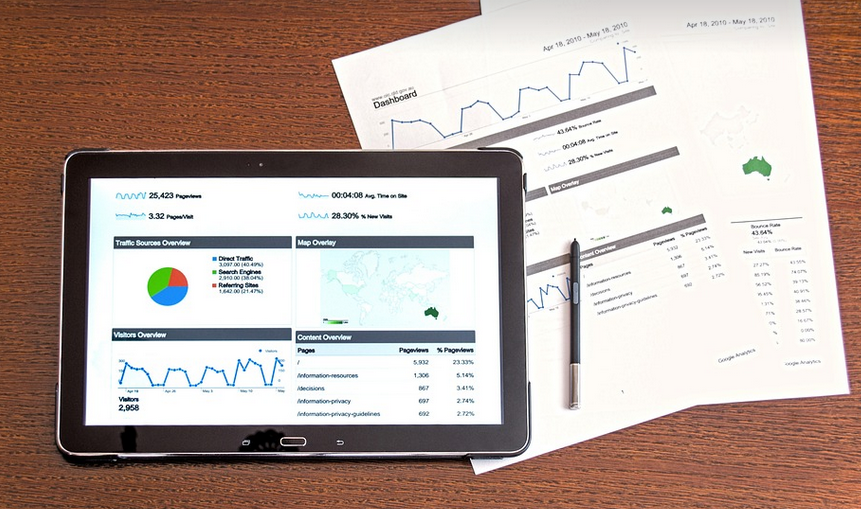A Quick Look at the Effects of Energy Drinks on Fasting
Fasting, a growing trend in the health and wellness world, involves abstaining from food for extended periods. This practice offers numerous potential benefits, such as weight loss, improved cellular repair, and increased metabolic flexibility. However, incorporating energy drinks while fasting could be tricky, potentially impacting your overall experience.
What Are Energy Drinks?
Energy drinks are beverages designed to boost alertness and provide a temporary surge of energy. They often contain high levels of caffeine, sugar, and artificial ingredients. While their effects on the body can be immediate and exhilarating, these drinks need careful consideration when paired with fasting.
The Science Behind Energy Drinks and Fasting
Caffeine is the main stimulant in energy drinks, known to increase alertness by blocking adenosine receptors in the brain, which normally promote sleepiness. Adenosine’s influence on our bodies is a major factor in regulating our circadian rhythms and promoting rest patterns. With fasting, your body is already dealing with a decrease in blood sugar levels. This may lead to fatigue and irritability.
The high sugar content in energy drinks can amplify this effect. While the immediate boost from caffeine is tempting, it comes at a cost – an increased risk of experiencing sugar crashes throughout your fasting window. This rollercoaster of energy highs and lows can disrupt your mental clarity, focus, and overall well-being.
Potential Negative Impacts of Energy Drinks on Fasting
While some people might find energy drinks helpful for staying awake during their fast, the potential downsides need to be considered: the jitters associated with caffeine withdrawal, dehydration due to increased water consumption, and disruption of your natural hunger cues.
Alternatives to Energy Drinks While Fasting
It’s important to note that there are alternative options that can help you stay energized and focused during fasting without relying on energy drinks: start by increasing your intake of healthy fats such as avocados, nuts, seeds, and olive oil. This will help stabilize blood sugar levels throughout the day.
Hydration is also key. Try to drink plenty of water or unsweetened herbal teas throughout your fasting period to keep your energy levels up without relying on caffeine overload. You can incorporate some healthy, low-calorie snacks into your routine if you feel hungry. Some options include a small piece of fruit like a banana or a handful of almonds.
The Importance of Moderation
Remember that moderation plays a crucial role in any fasting regimen. If you choose to consume energy drinks while fasting, do it sparingly and be aware of how they affect your body. Start with one serving and assess how you feel before consuming more.
The Bottom Line
Fasting can have many benefits, but incorporating energy drink consumption should be approached cautiously. While a cup of green tea or even a glass of herbal tea might provide you with the comfort of hydration during your fasting period, it’s best to avoid high-sugar beverages like energy drinks altogether. They’re more likely to disrupt your body’s natural processes.
Key Takeaways:
– Energy drinks are not recommended for people who are fasting.
– Opting for healthier alternatives like water, herbal tea, and fruit is a better choice when practicing intermittent fasting.
By making mindful choices regarding hydration and food intake during your fast, you can experience the potential benefits of fasting while avoiding unnecessary disruptions.
